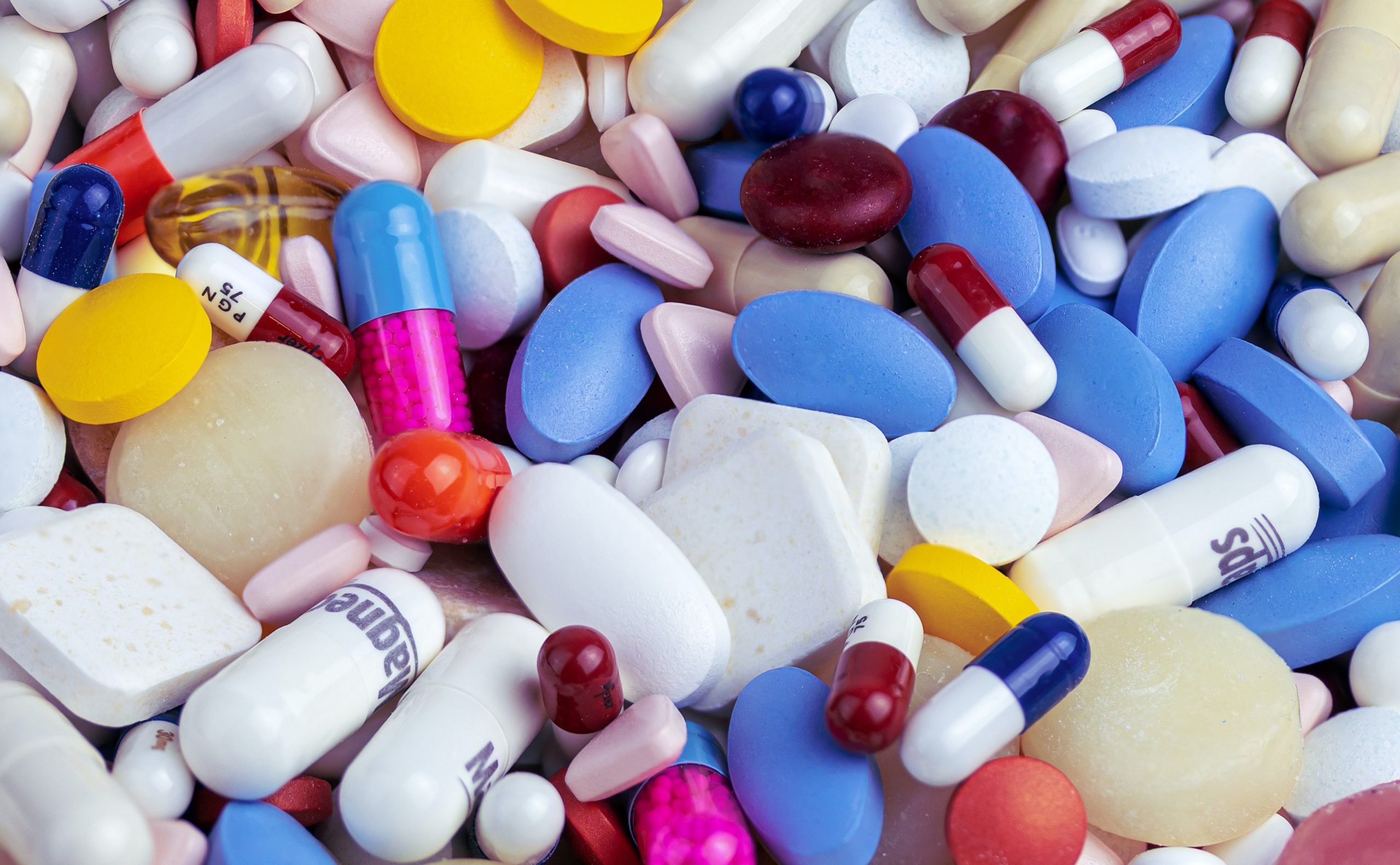
Are you or a loved one struggling with drug addiction? You’re not alone. Millions of people around the world battle this disease every day. But is it as challenging to overcome as it seems? This post breaks down the science behind addiction and explores what makes recovery difficult but ultimately possible. So grab a cup of coffee and buckle up for an insightful journey into the world of drug addiction recovery!
Introduction to drug addiction
The first step in overcoming drug addiction treatment in Chennai is acknowledging your problem. This can be difficult, as many people with drug problems convince themselves they don’t have a problem or can control their use. However, if you cannot stick to set limits on your drug use, continue using despite adverse consequences, or feel a strong need to use, you’re likely struggling with addiction.
Once you’ve recognized that you have a problem, the next step is reaching out for help. This may mean talking to your doctor, joining a support group, or Seeking professional treatment. Professional treatment for drug addiction in Chennai often includes detoxification and behavioural therapy. Detoxification helps rid your body of the drugs, while behavioural therapy addresses the underlying psychological issues contributing to addictive behaviours.
Overcoming drug addiction is possible but takes time, effort, and support. If you or someone you love is struggling with drug addiction, don’t hesitate to ask for help from Zorba Wellness – best rehabilitation centre in Chennai.
Causes of drug addiction
There are many different causes of drug addiction. Some people become addicted to drugs after taking them for medicinal purposes, while others develop addictions after using recreational drugs. Many addicts also have underlying mental health issues that contribute to their addiction.
Drug addiction is often the result of a combination of factors. For some people, taking medications can trigger addictive behaviours. Other times, recreational drug use can lead to addiction. And in other cases, people with mental health disorders may turn to drugs to self-medicate.
No matter the cause, drug addiction is a complex condition requiring professional treatment. If you or someone you love is struggling with an addiction, please seek help from a qualified treatment provider.
Symptoms of drug addiction
Addiction is a complex disorder involving almost every aspect of an individual’s life. While different drugs produce different physical and psychological effects, the general symptoms of drug addiction are similar. These include:
Physical symptoms:
changes in appetite or sleep patterns
decreased energy or motivation
increased cravings for the drug
tolerance (needing more of the drug to get the same effect)
withdrawal (experiencing uncomfortable symptoms when not taking the drug)
Psychological symptoms:
Treatment options for drug addiction
Treating drug addiction can be difficult, but it is not impossible. Many treatment options are available to those struggling with addiction, and the best course of action will vary depending on the individual. Somstandardon treatment options include:
-Detoxification: This is the first and most crucial step in overcoming addiction. Detox allows the body to rid itself of all traces of the drug and can be done at an inpatient or outpatient facility.
-Counseling: Counseling can help addicts understand their addiction and learn how to cope with triggers and cravings. Individual, group, and family counselling are common in treating addiction.
-Medication: Medication can help treat withdrawal symptoms and cravings. Commonly used medications include methadone, buprenorphine, and naltrexone.
-Therapy: Therapy can help addicts identify problematic patterns of thought and behaviour contributing to their addiction. Therapies such as cognitive-behavioural therapy (CBT) are effective in treating addiction.
Challenges in overcoming a drug addiction
Detailing the challenges in overcoming a drug addiction can be difficult because it is a personal battle. However, some common issues that addicts face when trying to abstain from drugs are:
-constant cravings and temptation
-dealing with withdrawal symptoms
-the emotional and mental impact of addiction
-isolation from family and friends
Ways to cope with the challenge of overcoming drug addiction.
It is no secret that overcoming a drug addiction can be challenging. However, it is essential to remember that it is possible to overcome addiction, and many resources are available to help you through the process. Here are some ways to cope with the challenge of overcoming a drug addiction:
- Seek professional help: One of the most important things you can do when overcoming a drug addiction is to seek professional help from a therapist or counsellor who is experienced in treating addiction. They can provide you with guidance and support throughout your journey to recovery.
- Join a support group: Many support groups are available for those struggling with addiction. These groups can provide valuable social support and allow you to share your experiences with others going through similar challenges.
- Make lifestyle changes: Overcoming a drug addiction often requires significantly changing your lifestyle. This may include quitting smoking, eating healthy, exercising regularly, and avoiding triggers that could lead to relapse.
- Stay positive: It is essential to stay positive throughout your journey to recovery. Remember that relapse is common, but it does not mean that you have failed. If you do slip up, get back on track as soon as possible and continue working towards your goal of sobriety.
Conclusions about Drug Addiction and Recovery
The conclusion that can be drawn from the research is that drug addiction is challenging to overcome. A number of factors make it difficult for people to quit using drugs, including the physical and psychological dependence that develops, the strength of the addictive substances, and the person’s social and environmental circumstances.
However, it is essential to note that many people recover from drug addiction. Recovery is possible with treatment and support. Therapy can help people address their addiction’s underlying causes, develop healthy coping skills, and build a supportive network.
